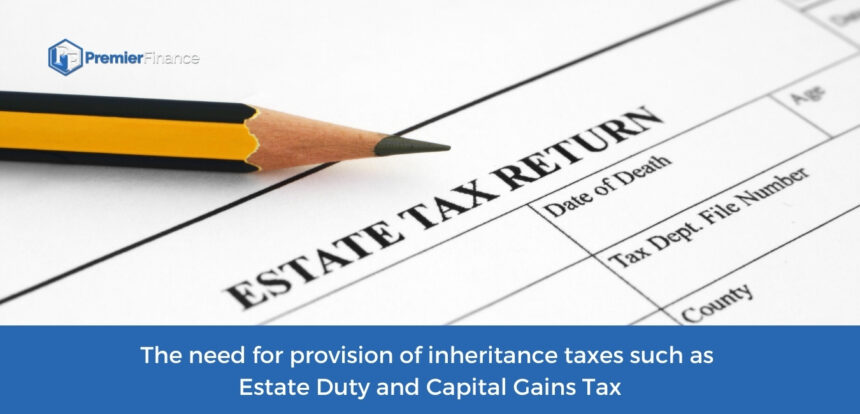Tax is unavoidable even at death. That is why understanding the various taxes that your estate could be liable for is an important part of estate planning.
Estate duty is a tax charged on the transfer of assets from the deceased estate to their beneficiaries. If the deceased is a resident in South Africa, their worldwide assets will be subject to estate duty. This is important to note if you have foreign assets.
Capital gains tax is a tax charged on the gains made from the sale or transfer of an asset. Because capital gains tax is regulated by the Income Tax Act it forms part of the deceased tax returns. Your tax commitments do not die with you and it is important to note that Sars has first claim to what is owing to it. In terms of the Income Tax Act, death is a capital gains tax event. The deceased person is deemed to have disposed of their assets for an amount equal to market value at the date of death.
Without making provision, any amount due for both these taxes will be deducted from your estate. That means a chunk of your estate goes to executor fees and sars. Your loved ones will end up inheriting less money than you planned for when you are no longer here to assist them.
You still have time now to change this outcome through our partner’s solutions.
The Estate Gap Cover Benefit makes provision for Estate Duty and Capital Gains tax in the event of both spouses passing away. This Benefit covers you and one nominated Spouse for the amount specified. In the event of a valid claim, a lump-sum cash payment will be paid into the last surviving Spouse’s Estate.
Let us recap the 5 pitfalls of estate planning and how you can avoid them:
In pitfall 1 we discussed the risks of dying without a valid will. We recommend our free will drafting service to take care of this for you. Having a will gives you peace of mind that your wishes are considered when you pass.
Pitfall 2 explains the real cost of dying with all the fees one needs to cover at death. We recommend the legacy protection plan to cover all the fees and avoid more financial burden for your loved ones.
The need for cash liquidity following the death of a family is pitfall 3. There is a gap between time of death and when the policies pay out that could leave your beneficiaries with no income. To make provision for this we recommend the immediate liquidity benefit. It pays out a monthly income immediately to ensure your family can survive in the meantime.
In pitfall 4 we discussed more hidden fees that are due to wind up your estate. If you take a legacy protection policy, the overheads protector will automatically be included at no additional cost.
Today we discussed pitfall 5 that covers inheritance taxes due when you pass. The estate gap cover makes provision to cover these taxes for you.
As you can see proper estate planning takes all 5 aspects into account. We can help you to make sure your estate and legacy is protected from high fees.
We would like to offer you the opportunity to meet with a testamentary consultant to take care of your estate planning needs.
Click the button to find out more information about our complimentary will drafting service

